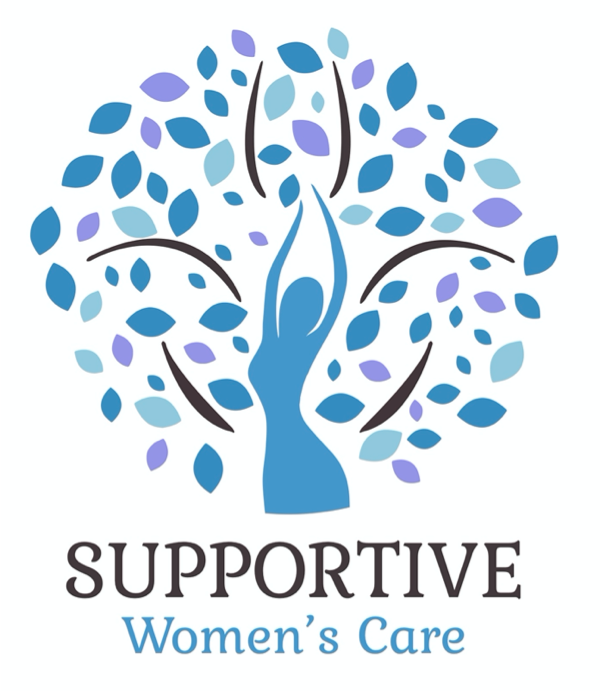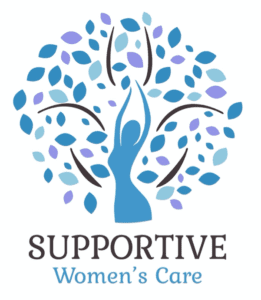Family Planning & Birth Control Services

Contraceptive management includes a diverse array of options. These include oral birth control pills, vaginal ring, contraceptive patch, diaphragm, injections (Depo-Provera), Nexplanon, Paragard and Mirena IUDs, and tubal sterilization.
Vaginal Infections
One-third of women will have an infection of the vagina at least once during their lives but these infections are most common during the reproductive years. A change in vaginal pH leads to infection. Symptoms include discharge, odor, or irritation/burning of the outside of the vagina (called the vulva). The 3 most common types of vaginal infections are yeast, bacterial vaginosis, and trichomoniasis. These infections can be treated effectively either with antibiotics or antifungal preparations.
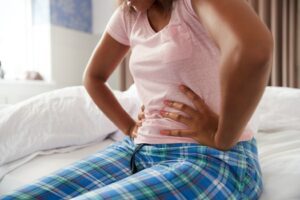
Abnormal Pap Smears
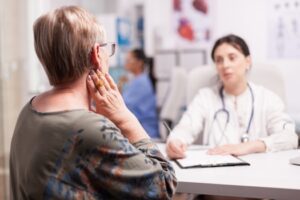
A Pap smear is a screening test for cervical cancer. Cells are removed from the cervix and evaluated for any signs of cancer or precancer. If these cells appear abnormal, a colposcopy is done to further evaluate this abnormality. Treatment of abnormal Pap smears depends on the degree of abnormality. Mild abnormalities are closely monitored while a moderate or severe abnormality will require surgical intervention (either with LEEP or cone biopsy).
Sexually Transmitted Infections (STI's)
STIs are infections that are spread by sexual contact and include Chlamydia, Gonorrhea, Syphilis, Herpes, HIV, and hepatitis. STIs can cause long term health problems and problems during pregnancy. STIs can be passed to a partner during oral, vaginal, or anal sex. Chlamydia is the most commonly reported STI in the United States. There are treatments available for all STIs except for herpes but herpetic outbreaks can be managed and their occurrences decreased with medication.

PMS

Premenstrual syndrome refers to the cyclical physical and emotional changes some women experience in the days before their menstruation. These women will seek medical intervention when these changes begin to affect the quality of their lives. Exercise, dietary changes, meditation, and supplements can relieve symptoms for many women. If these therapies are not beneficial, prescription medication (antidepressants) can be helpful in treating PMS in some women.
Painful Periods
Pain with menstruation, known as dysmenorrhea, is the most commonly reported menstrual disorder. Over half of women who menstruate have some menstrual pain for 1-2 days/month. Pain relievers or hormonal medications such as birth control pills are often prescribed to treat dysmenorrhea. Lifestyle changes such as exercise and relaxation techniques can also be helpful.
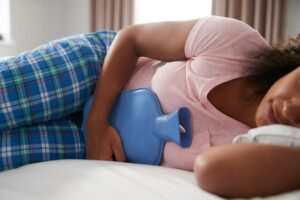
Breast Pain

Breast pain is a common reason why women present to their gynecologist for evaluation. Breast pain can be divided into 3 categories: cyclical, non-cyclical, and extra-mammary (not involving breast tissue). Cyclical breast pain is due to normal hormonal changes related to either a woman’s menstrual cycle or hormonal medication that is taken for contraception, ovulation induction, or management of abnormal uterine bleeding. Non-cyclical breast pain is not related to the menstrual cycle and may be due to trauma, cysts, or cancer. Extramammary breast pain (pain located outside the breast) may be due to inflammation of the ribs, rib fracture, chest wall trauma, fibromyalgia, or pregnancy. Breast pain can be managed with either medication or dietary changes.
Urinary Infections
A woman’s anatomy makes her more prone to UTIs than her male counterpart. Symptoms include pain with urination, urinary urgency or frequency, and blood in the urine. A simple office test, called a urinalysis, can be performed to diagnose a UTI, and antibiotics are usually prescribed to treat these infections.

Menopause

Menopause is the cessation of menses either naturally or by surgical intervention. The average age of menopause is age 51 but many women will begin to have a decline in ovarian function leading to irregular menstrual cycles while still in their 40s. There is an ongoing debate as to whether this is a normal physiologic change or an endocrine deficiency state. This decline in ovarian production of hormones (estrogen and progesterone) can cause, in addition to menstrual irregularities, hot flashes, night sweats, insomnia, vaginal dryness, painful sex, and mood disturbances. We now have multiple options to help women navigate these challenges that can, at times, be disruptive to her home and work life.
Endometriosis
Endometriosis is a condition in which the tissue which normally lines the inside of the uterine cavity is found outside the uterus. Endometriosis affects approximately 10% of women of reproductive age and is most often diagnosed in women in their 30s & 40s. The most common symptom is chronic pelvic pain that usually occurs just before and during the menstrual cycle. Other symptoms include pain with sex/bowel movements/urination and heavy menstrual flow. Endometriosis can only be definitely diagnosed by a surgical procedure known as laparoscopy. Depending on the extent of disease and symptoms, endometriosis can be treated with either medication or surgery.

Abnormal Uterine Bleeding

The normal length between menstrual cycles is 24 to 38 days and normally lasts for up to 8 days. Any bleeding between menstrual cycles, bleeding after sex, or bleeding after menopause is considered abnormal. Cycles less than 24 days or longer than 38 days are also considered abnormal. Some of the causes of abnormal uterine bleeding include problems with ovulation, fibroids or polyps, bleeding disorders, ectopic pregnancy, miscarriage, or cervical/uterine cancer. Treatment options include medication and surgery.
Uterine Fibroids
Fibroids are non-cancerous growths that develop from the muscle tissue of the uterus. Fibroids can be found in women at any age but are commonly diagnosed in women ages 30-40. Fibroids can be asymptomatic or they can cause irregular or heavy menses, pain with menses and sex, infertility, recurrent pregnancy loss, and difficulty with urination. Medical therapy is one option that women have to manage fibroids. Other treatment options include removal of the fibroids surgically (myomectomy), hysterectomy, endometrial ablation, or uterine artery embolization.
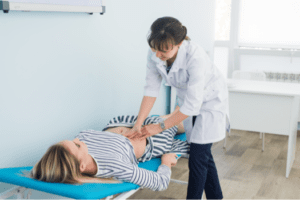
Uterine & Cervical Polyps

Overgrowth of cells that line the uterine cavity or cervix can lead to the formation of polyps. The majority of polyps are non-cancerous. They are most commonly found in women in their 40s and can cause irregular bleeding, bleeding after sex, or heavy menstrual flow. Polyps can be diagnosed on ultrasound or by hysteroscopy and removed hysteroscopically.
Ovarian Cysts
Ovarian cysts are fluid-filled sacs that develop in or on the ovaries. They can develop at any point during a woman’s life and are very common in women. The majority of them are non-cancerous and resolve spontaneously without any treatment.
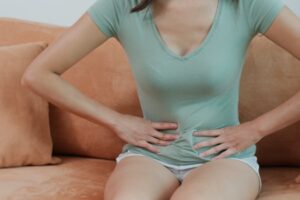
IUDs

Nexplanon
Nexplanon is a single rod progestin contraceptive placed below the skin in the upper inner arm for long-acting reversible contraception. It is the most effective contraceptive method available (99.6% effective). It needs to be removed and replaced after 3 years.

